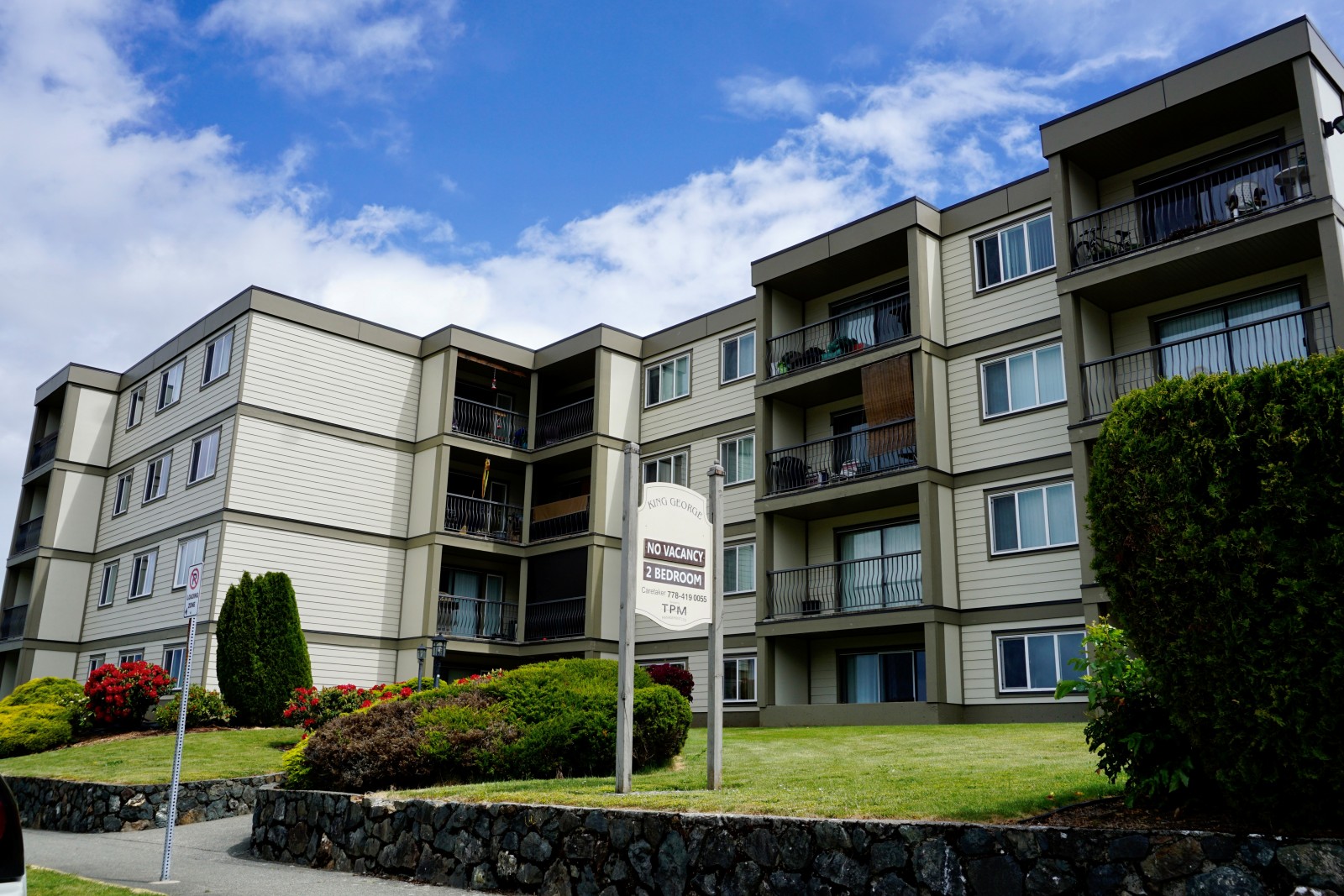How are residences completely different from houses?

Apartments and houses are each forms of residential dwellings, however they differ in a quantity of key methods, including their physical characteristics, ownership construction, upkeep duties, and way of life considerations. Here are a number of the main differences between apartments and homes:
1. Physical Characteristics:
Apartments:
Typically positioned within multi-unit buildings or house complexes.
Individual units are often compact and share walls with neighboring models.
May have shared hallways, stairwells, or elevators.
Houses:
Stand-alone structures with their very own walls and infrequently a yard or outside house.
Generally supply more room each indoors and outside in comparison with apartments.
Provide higher privacy because of the absence of shared partitions and common areas.
2. Ownership:
Apartments:
Typically rented or leased from a landlord or property management company.
Residents are tenants who don't personal the apartment unit itself.
Houses:
Can be owned by individuals or families.
Owners have full control over the property and can make modifications or renovations as desired.
3. Look at more info :
Apartments:
Landlords or property managers are sometimes liable for maintenance, repairs, and property upkeep.
Tenants report points to the owner, who arranges for repairs.
Houses:
Owners are responsible for all upkeep and repairs, together with landscaping, plumbing, electrical, and structural upkeep.
Costs related to maintenance and repairs are borne by the home-owner.
four. Lifestyle Considerations:
Apartments:
Often fitted to individuals or smaller households.
Offer comfort and will embody amenities like health facilities or swimming swimming pools.
May be positioned in city or densely populated areas.
Generally require less time and effort for property upkeep.
Houses:
Suitable for larger households or these needing extra space.
Allow for greater customization and personalization of the property.
Often located in suburban or rural areas with extra space and greenery.
Require more time and effort for upkeep and yard care.
5. Financial Considerations:
Apartments:
Typically contain month-to-month lease payments, which may embody utilities or facilities.
Lower upfront prices compared to buying a house.
Houses:
Involve mortgage payments for householders who've purchased the property.
Upfront costs embrace a down cost, closing costs, and ongoing property taxes and insurance coverage.
6. Community and Neighbors:
Apartments:
Living in shut proximity to neighbors in the same building or complicated can result in extra frequent interactions.

Apartment communities might provide social events or shared widespread areas.
Houses:
Generally supply extra distance and separation from neighbors, providing greater privacy.
Interactions with neighbors may be much less frequent because of bigger property boundaries.
Ultimately, the selection between living in an house or a house is dependent upon particular person preferences, way of life, monetary concerns, and housing wants. Apartments are sometimes favored for his or her convenience and decrease upkeep obligations, while homes present extra space and autonomy however require larger upkeep and financial dedication..
